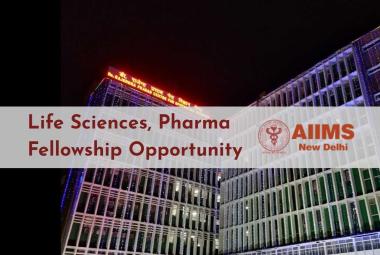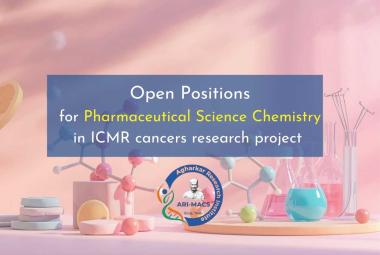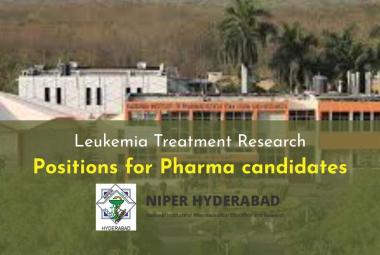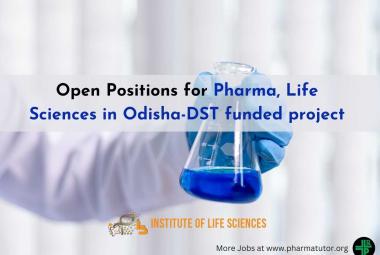Researchers from Stockholm University, in international collaboration with UK and Japan, has reached a breakthrough in understanding how fructose is transported into our cells. This could be a potential benefit for the development of novel treatments against some forms of cancer, obesity and diabetes. The results are published as an article in the scientific journal Nature.








